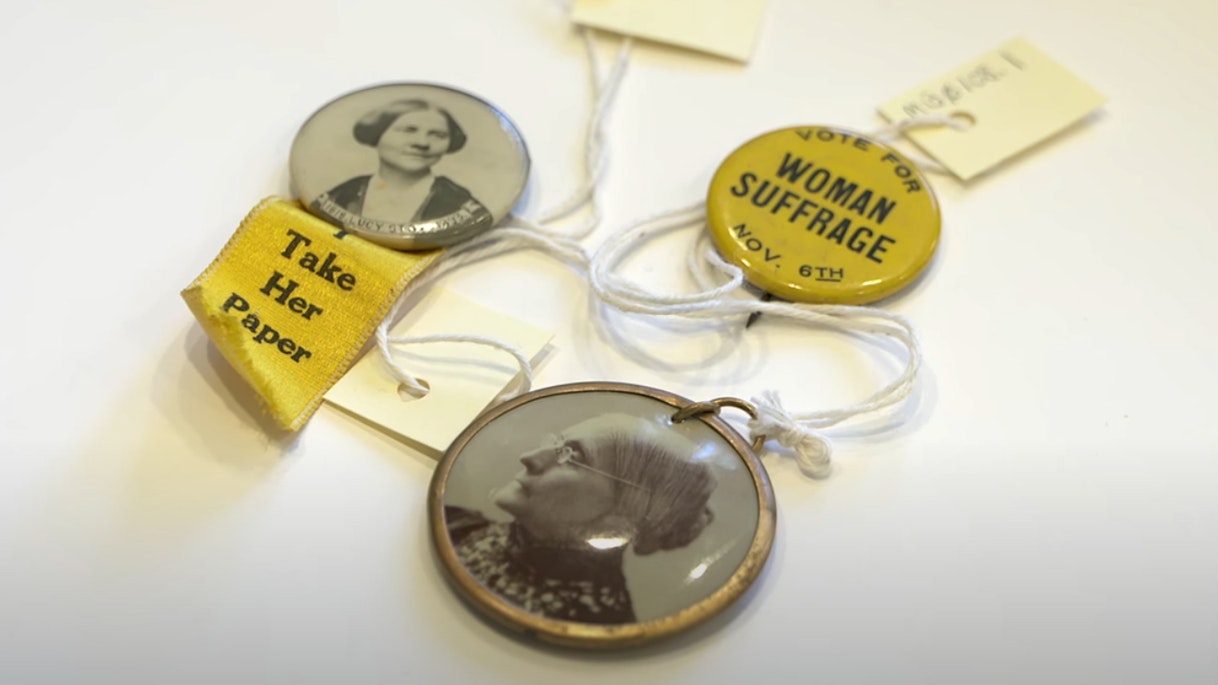About
the Library
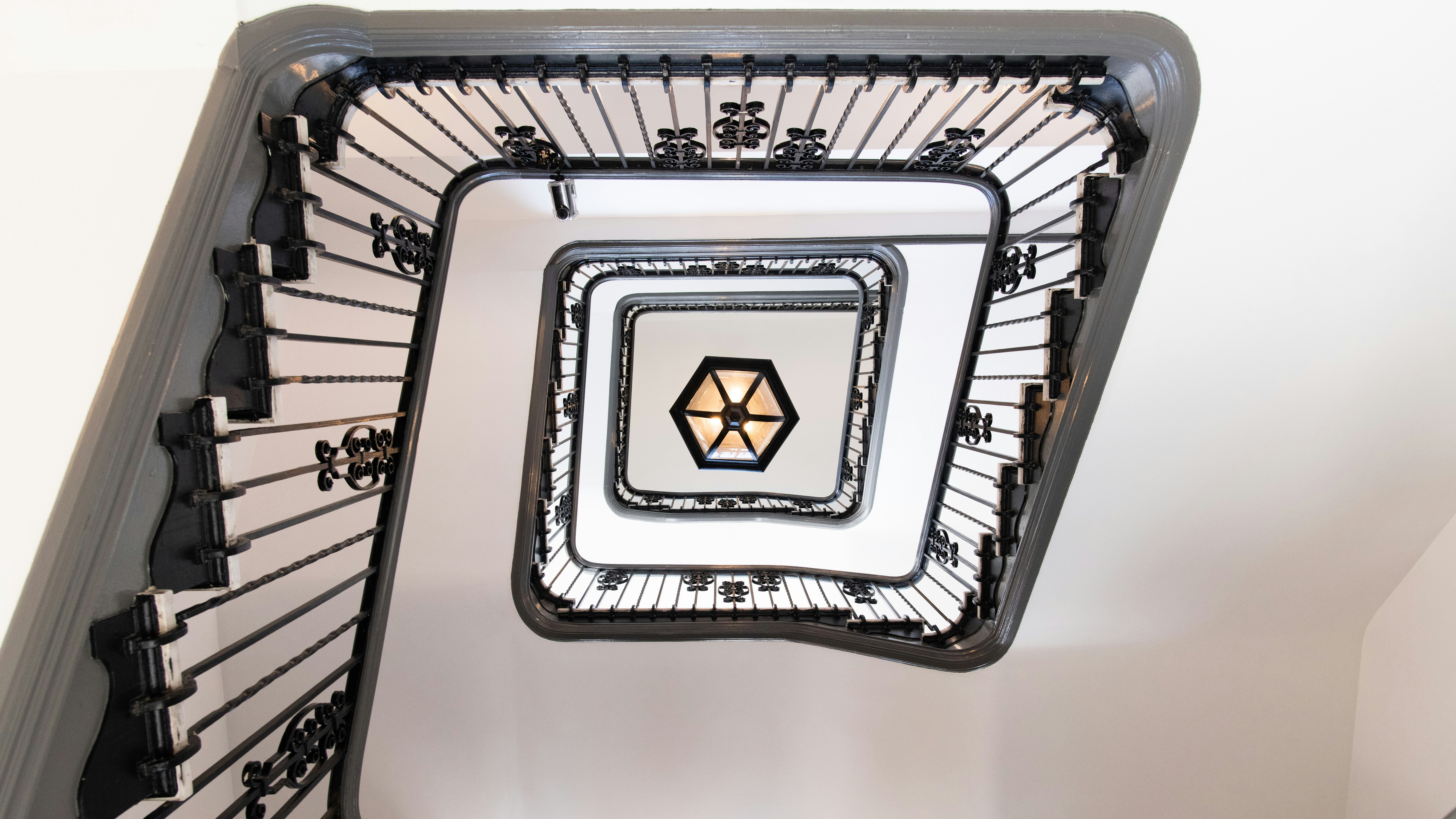
The Schlesinger Library is the leading center for scholarship on the history of women in the United States. As part of Harvard Radcliffe Institute, we are devoted to catalyzing new research and to sharing it broadly with scholars and an engaged public.
Our staff is committed to incorporating best practices in instruction, digital scholarship, and community engagement, as the Library advances a more complete story of human accomplishment. In addition to its traditional strengths in the history of feminisms, women’s health, and women’s activism, the Schlesinger collections document the intersectional workings of race and ethnicity, gender, sexuality, and class in American history. Open to all, the Library is also committed to deepening its holdings by and about African American, Asian American, Latina, and Native American women as well as women of all political philosophies and socioeconomic backgrounds.
Research Tools
The Library by the Numbers
What We’re About
With the finest collection of resources for research on the history of women in America, the Library’s holdings are strong in:
Women’s rights and feminism;
Health and sexuality;
Work and family life;
Education and the professions; and
Culinary history and etiquette.
Open to the public, the library welcomes all researchers who wish to use the collections, view exhibitions, and attend events. As one of the special libraries within the Harvard Library, specific policies may apply.
In 2021, as part of a Harvard-wide initiative, Schlesinger Library convened the Inclusive and Reparative Language Committee to help assess, direct, and shape the Library’s descriptive practices. Inclusive and reparative description seeks to recognize bias and to replace archaic, inaccurate, and insensitive language in order to represent materials and their creators respectfully and equitably. We are currently in the process of reassessing the library’s own descriptive practices in finding aids, catalog records, and research guides. We encourage community feedback about this project and our materials through Ask a Schlesinger Librarian.
Acquisitional Priorities Collections Events Exhibitions Schlesinger Library Policies
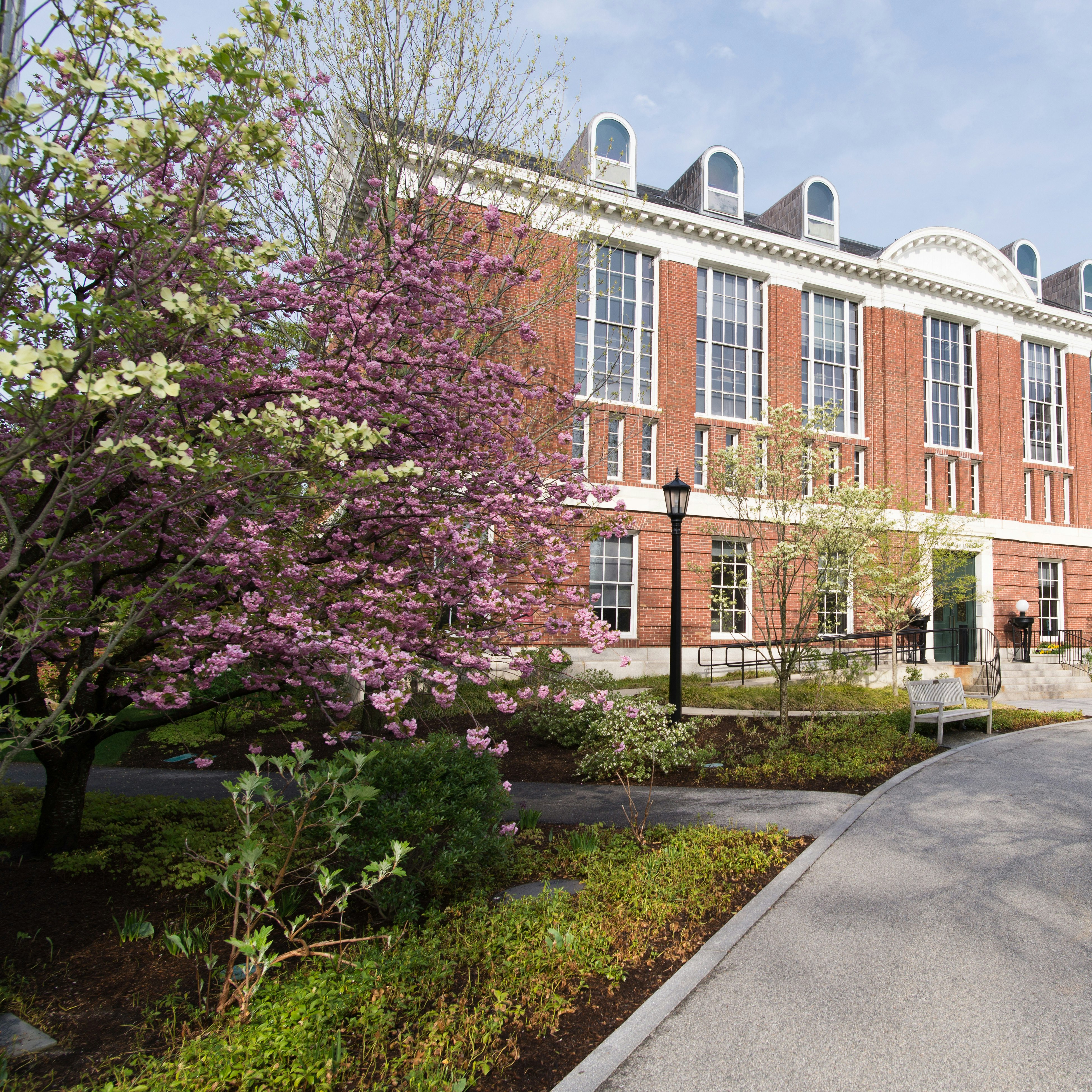
Visit the Library
The Schlesinger Library’s Reading Room is open Monday through Friday from 10 AM to 4 PM. The Lia and William Poorvu Gallery is open to all visitors, Monday through Friday, 9 AM to 5 PM. All visitors must read and abide by current Harvard Radcliffe Institute policies.
Special Projects
Learn more about the Library’s special initiatives and projects.
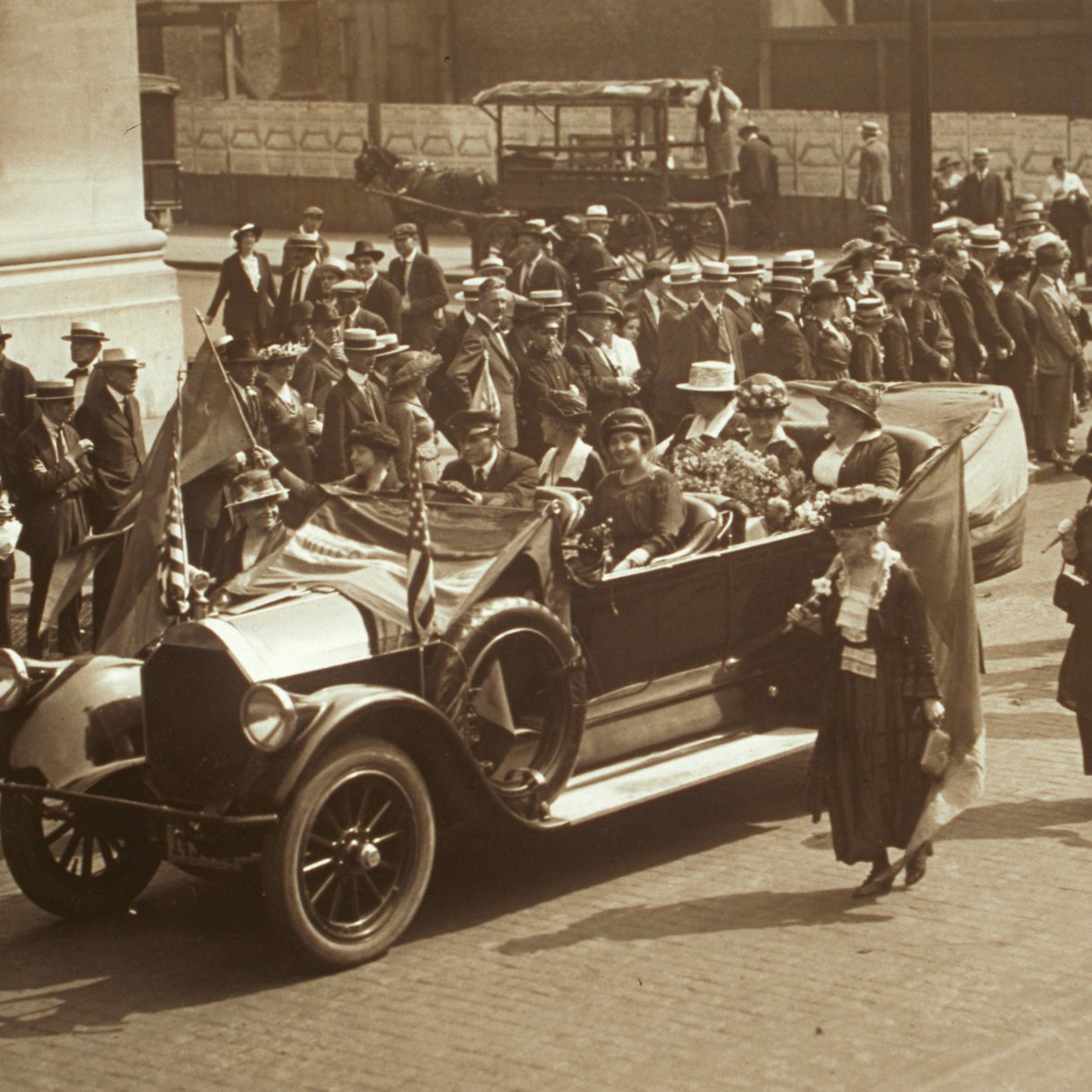
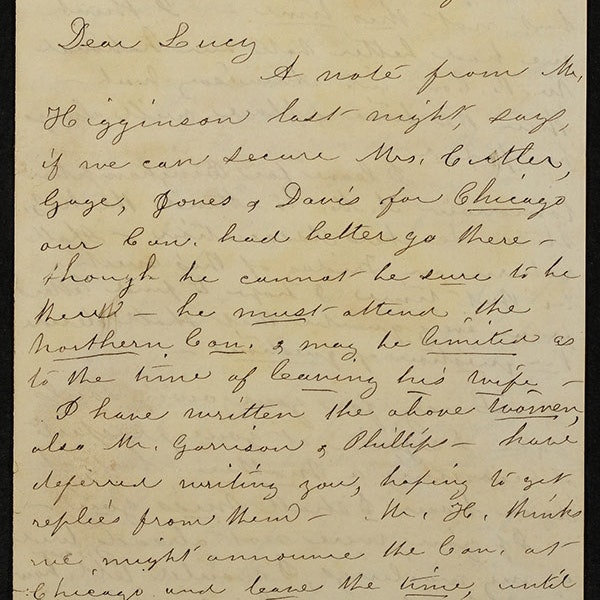
Help Transcribe Our Collections
Anyone can transcribe, and your efforts will help make this material more searchable and accessible in the future. Sign up for a free account with the crowdsourcing transcription service FromthePage, and start transcribing correspondence from the papers of Maud Wood Park, Susan B. Anthony, and Miriam Van Waters (a prison reformer who worked extensively in Framingham, Massachusetts). To learn more, watch the “Sign Up and Start Transcribing” tutorial, available on YouTube.
Discover the Schlesinger Library
